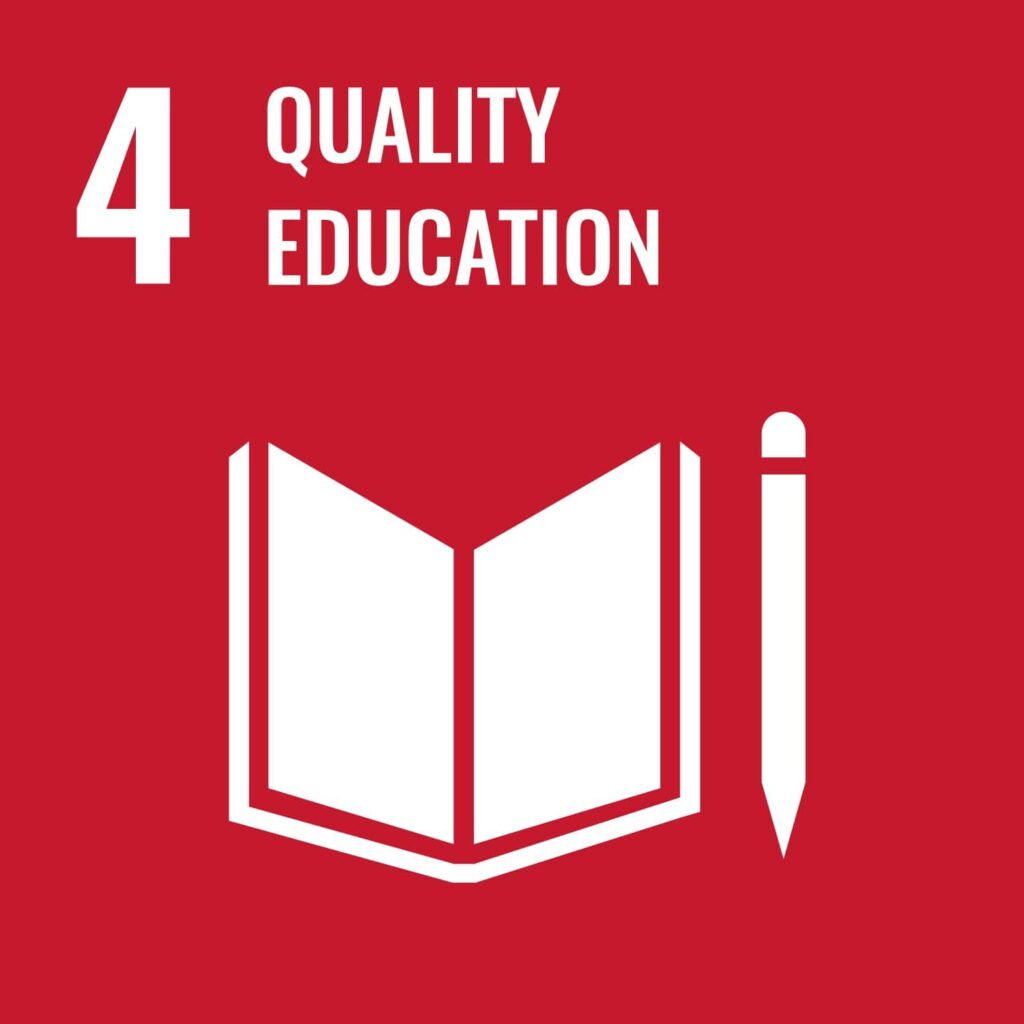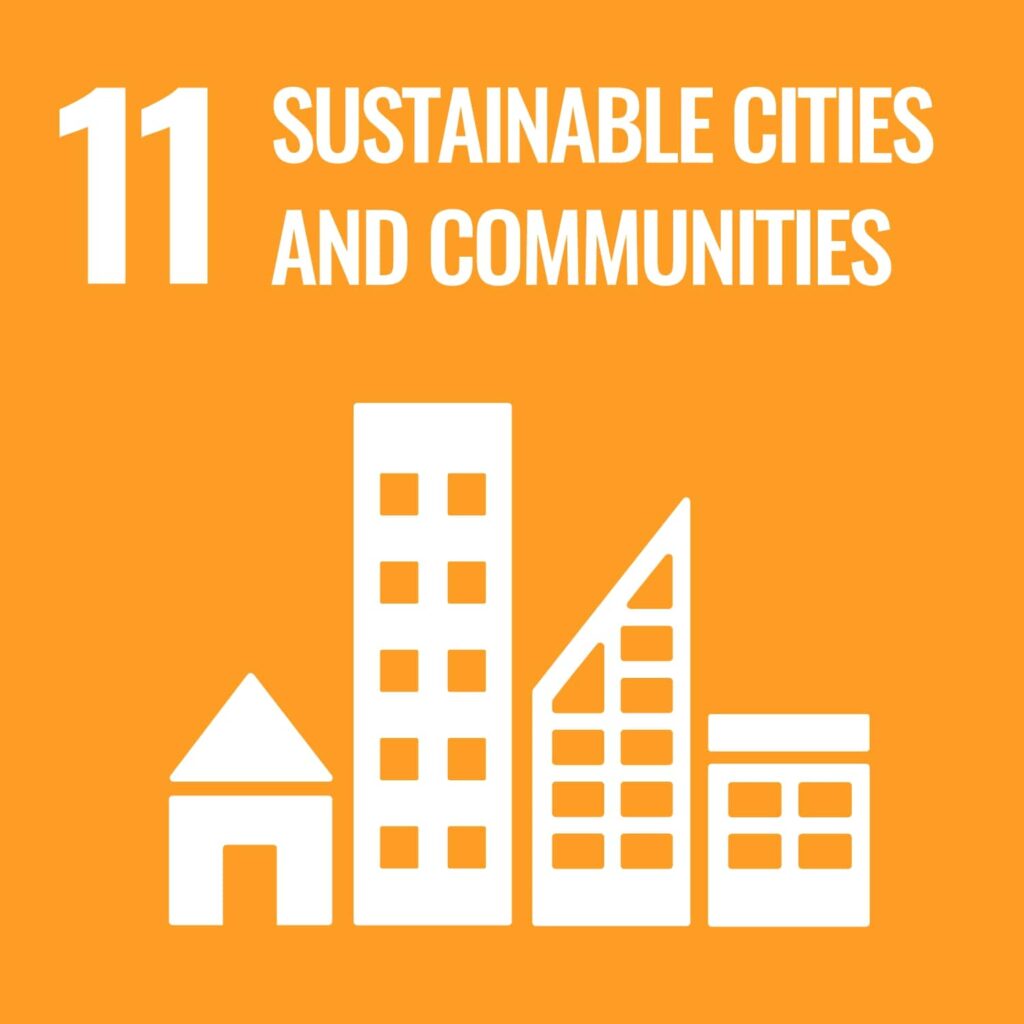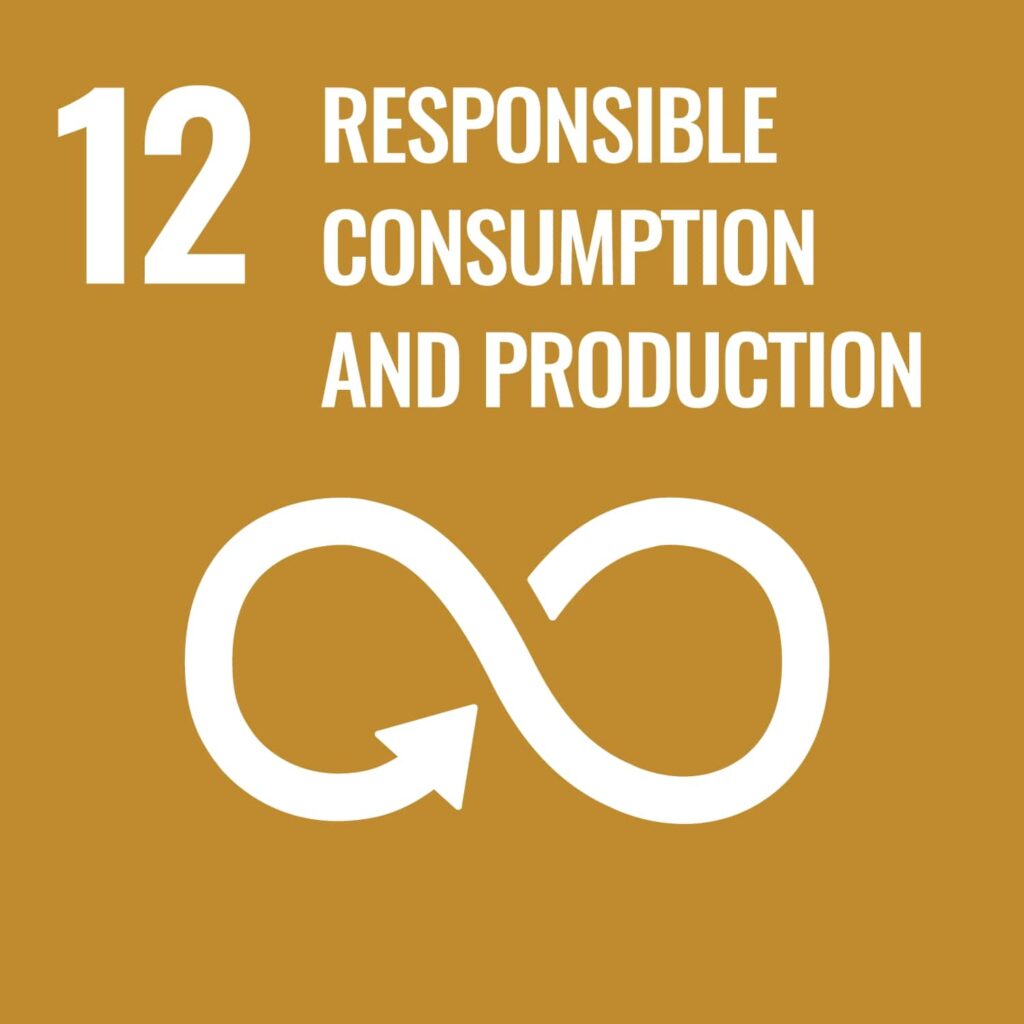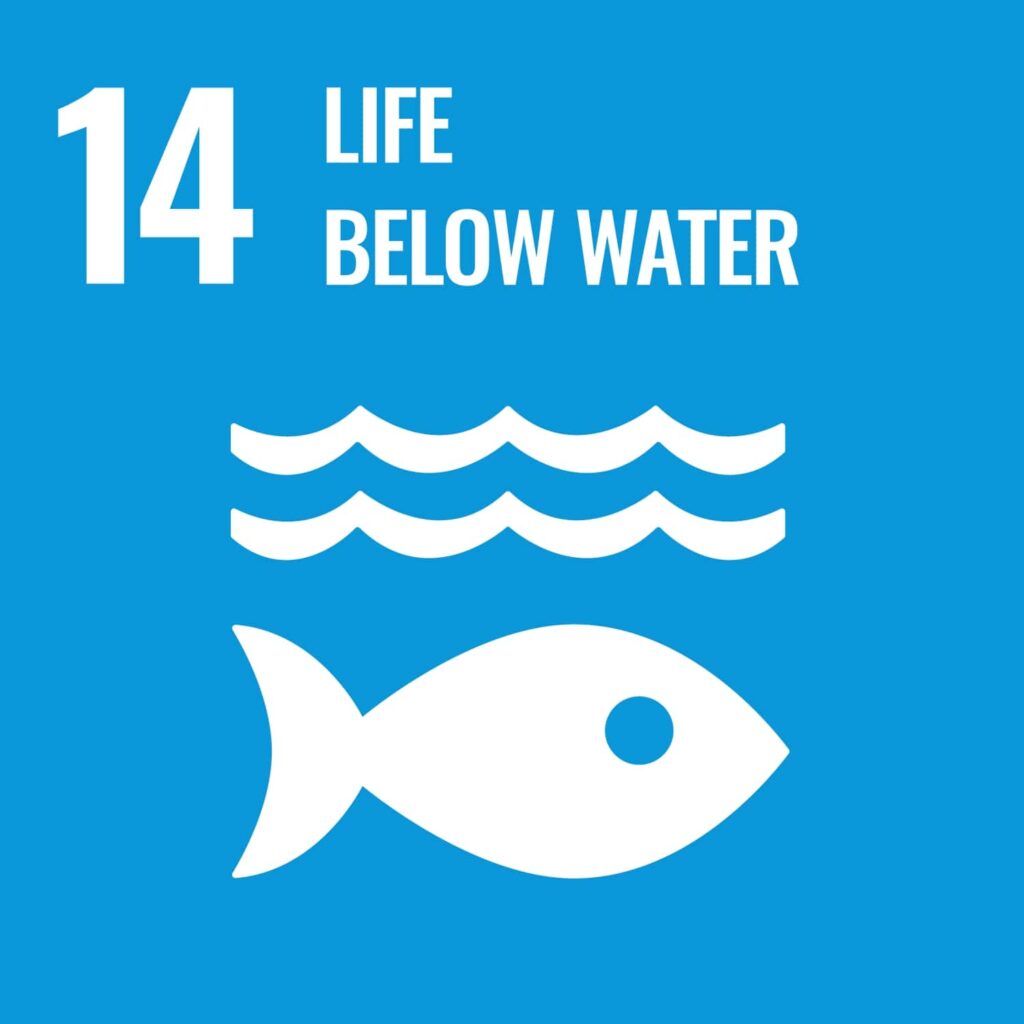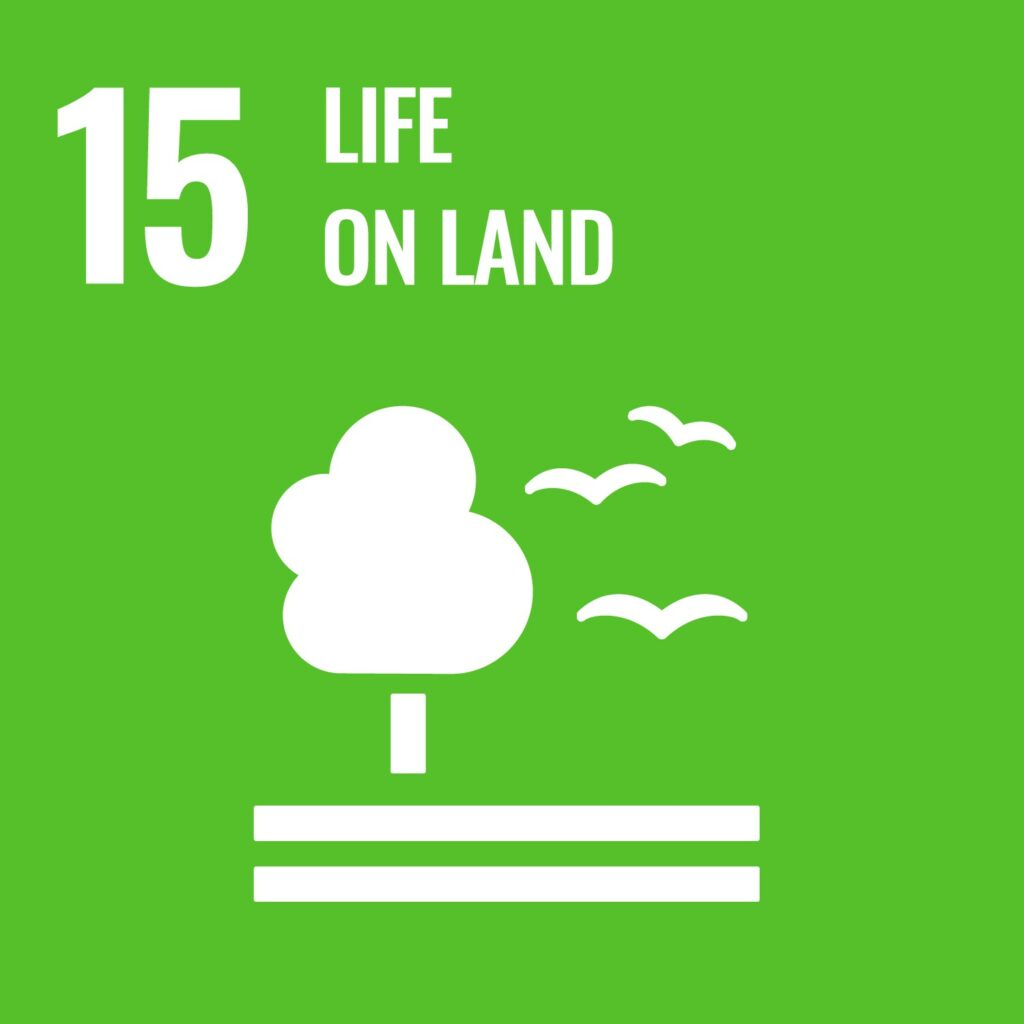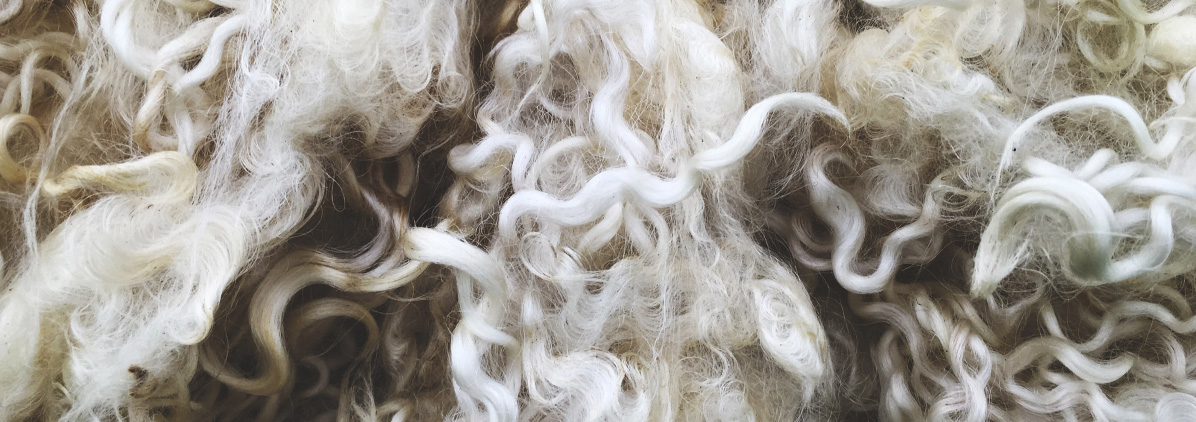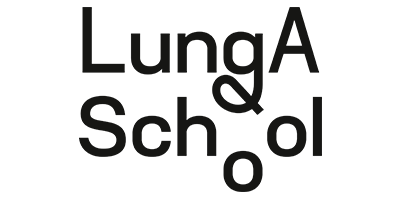
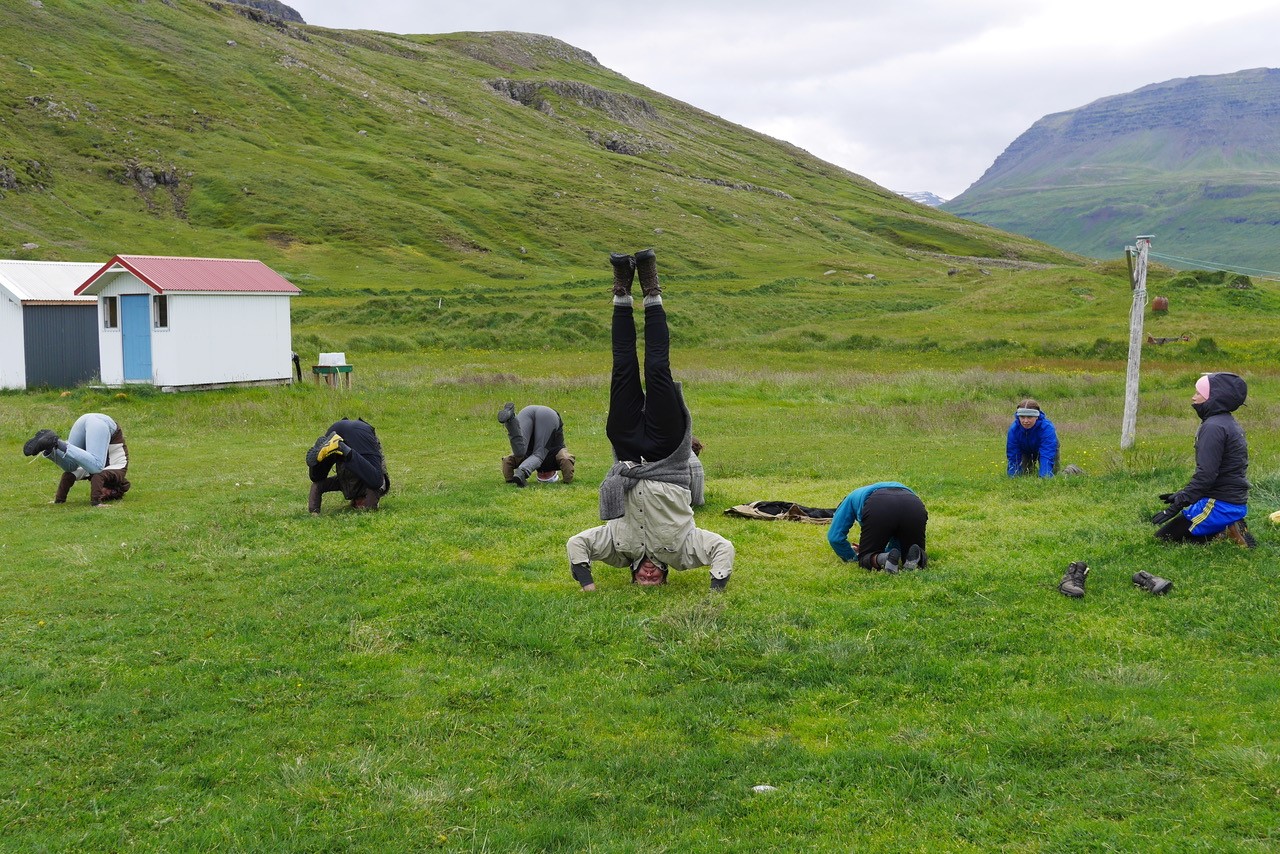
Developing a new educational programme ‘Land’
Experiencing the climate crisis at local level influenced planning the pilot project of the LungA art school in coastal East Iceland. The community in Seyðisfjörður has come to witness how the once-thriving fishing industry for herring has ceased due to the warming waters in the fjord and the infamous landslide, due to extreme rainfall, that hit the town in 2018.
The LungA School is an independent art school, artist-led institution and situation for experimenting with artistic and land-based practices. It is supported by the Ministry of Education and the municipality of Múlaþing. The school is situated in Seyðisfjörður, a small town of less than 700 people. As topics related to local environment and sustainability have been reoccurring, there grew the idea to run a pilot project to test for a school programme focussing on the local environment, living heritage, and sustainability aspects.
Until recently, the LungA school has offered an art programme for young adults of 18 to 30 years. The school operates outside of the main tourist season with programmes running in the fall semester and in the winter/spring semester. The school works with contemporary artists in residence who often use a cross-disciplinary range of media in their work and are interested in alternative, sustainable ways of living with attention to the connection between the land and life.
a lot of the art that’s made interacts with these local living um histories and resources and uh industries so we’ve got um artists who work with things from the land um throughout the whole program and some of the resident artists who come and work with the participants also bring those kinds of uh those kinds of practices from their own countries of origin so it became a really good opportunity to focus on how the school could explore what it might mean to have a land program have an educational land program and both with students of the school and with members of the community um that was the goal so it was just a really good opportunity to be able to try that out
From the LungA school perspective it is easy to see that in contemporary art there’s a strong interest in living heritage and traditions and keeping them alive. Surrounded by the mountains and the ocean, Seyðisfjörður has rich living heritage with strong links to fishing and other forms of making food, which go back to the early settlements in the area. The local living heritage is often reflected in the art works created at the LungA school and by the artists in residence. This connection opened the way for the pilot project, with which the LungA School aimed to explore local life and living heritage and to develop the new twelve-week Land Programme as a part of their curriculum.
The environment and rather isolated location in Seyðisfjörður call for cooperative activities, to work together with other institutions and organisations. This was also the case in planning for the pilot project that would focus on ways of life and cultural heritage in Seyðisfjörður. Important partners for the school are, among others, the Skaftell Art Centre that works as the regional visual arts centre for East Iceland, and the Technical Museum of East Iceland (Tækniminjasafn Austurlands). As Seyðisfjörður is a small community, the pilot project version of the LAND programme was offered to local children and young people as well as to the school’s international and local students.
The project aimed to facilitate an opportunity for the international and local students of the LungA school and the young people from the local community to strengthen their connection with the surrounding nature. By introducing the processes of living heritage related to food, the project sought to bridge the experienced gap between production and consumption bringing the participants closer to raw materials and strengthening the awareness of food production systems, which is essential in ensuring sustainable consumption.
The Skaftfell Center for Visual Art had existing educational programmes in collaboration with the Seyðisfjörður Primary school, which provided the bridge for coordinating and communicating about the pilot project to local children and youth. The project included two workshops. The local fish factory and restaurant helped with implementing the pilot workshops.
The first workshop was called From Sea to Table and hosted by Þrándur Roth. One workshop was for the children and youth of Seyðisfjörður, open and free for all and one was for the young adult participants of the LungA School. The plan was that participants go fishing in the fjord and learn about fishing heritage in Seyðisfjörður. However, during the open workshop for kids and the young, the weather was not in our favour and it was not possible to go fishing on a boat. To help out, the local fish factory donated fish for participants to work with. The second group of students from the school were able to sail out to the fjord but did not catch any fish, so donations helped out again. This underscored that catching fish is not obvious or always easily done.
The local restaurant also participated in the pilot. Originally, the school was only supposed to hire the kitchen, but the chefs of the Filling Station were excited to participate and share some of their own recipes. Due to the donated fish the school was able to invite people of the town to join in for a fish feast where the kids decided on the menu of fish and chips and fish balls along with fresh cuts.
The second workshop was called Fermentation and hosted by Mariana Murcia. Participants experimented with local and seasonal vegetables and heard stories passed down from generations and learned about kraut, the fermentation process, health benefits and the endless colour and taste combinations as well as further fermentation methods. Participants made their own super-kraut that they took home. One workshop was open for all inhabitants of Seyðisfjörður and one was for the young adult participants of the LungA School.
A challenge for the fermentation workshop was the slow process of fermenting. As a pleasant surprise to the organisers, participating people kept up having meetings to look after the fermentation process even after the workshop had ended.
Despite the challenges the pilot project proved to be successful. Partnerships with the Skaftfell Center for Visual Art and the Technical Museum facilitated knowledge-sharing. Collaborations with the local fish factory and restaurant enriched the project, enabling a community fish feast and providing opportunities for skill-sharing and recipe exchange. The project opened up the LungA school to the local community and was a wonderful opportunity to share time, knowledge and to connect.
The pilot project confirmed the hypothesis about the experienced gap between the production and consumption of food even in the local level. One of the coordinators of the pilot project reflected his own experience: “When I was growing up in a fishing village it was very different. The doors to the fish factories weren’t closed so you could enter and see around, and there were a lot of small boats that you would be interacting with as you were playing down at the harbour, a basic childhood thing. And a part of upbringing of kids back then was that kids participated in the work. Now it is big boats that get shipped into the big factories where nobody can enter. So there has been created a gap between. That was one of the backgrounds why we wanted a workshop on fishing and handling the fish. Through the workshop we learned that these kids that we were participating had never seen it, where does food come up and onto your plate. It was cool to see the appreciation for food, which I think is the main issue with today’s relation to food waste. It is the appreciation of the labour that goes into your eating.”
Also, in the fermentation workshop the social aspect of making food was confirmed. Bringing experience from among the international residence guests added to the existing local heritage about fermentation. The perception that the process is not only about the actual fermentation process, but also about learning and working together, sharing experience and stories increased the meaningfulness of the experience.
As an impact effect, people in the community started to bring the workshop into their domestic lives and families. Workshop started to be hosted in different houses of the community. It was enriching to see how people opened to share of their different skills in different spaces, not only in the school environment.
The pilot project gave the security that there is a need for education focusing on the connection to nature in both practical and theoretical sense, as an innovative but also as necessary way of thinking about education sustainably. As a direct impact, the pilot project led to the first full length LAND programme ran in winter/spring 2024. In addition, it is expected that the experiment would also lead to more community projects. Through the existing LungA School structure, there are real possibilities to engage the Seyðisfjörður community in an ongoing series of workshops focused on sharing traditional knowledge with nature-related practices through living heritage.
Overall, the project exemplified the interest and commitment among the participants and the community in general to safeguarding local living heritage, knowledge exchange, and fostering a sense of belonging and connection to surrounding nature. The pilot project contributed mainly to Sustainable Development Goals 4 (quality education), 11 (sustainable cities and communities), 12 (responsible consumption and production), but also to the goals 14 (life below water) and 15 (life on land).
Pilot project manager: LungA School https://www.lungaschool.is/
